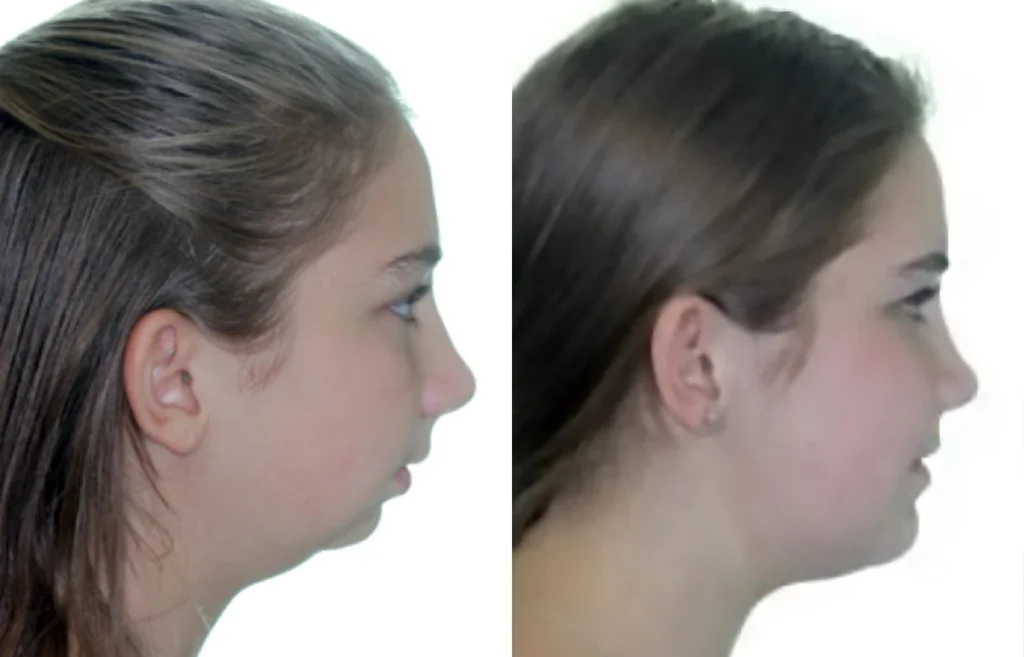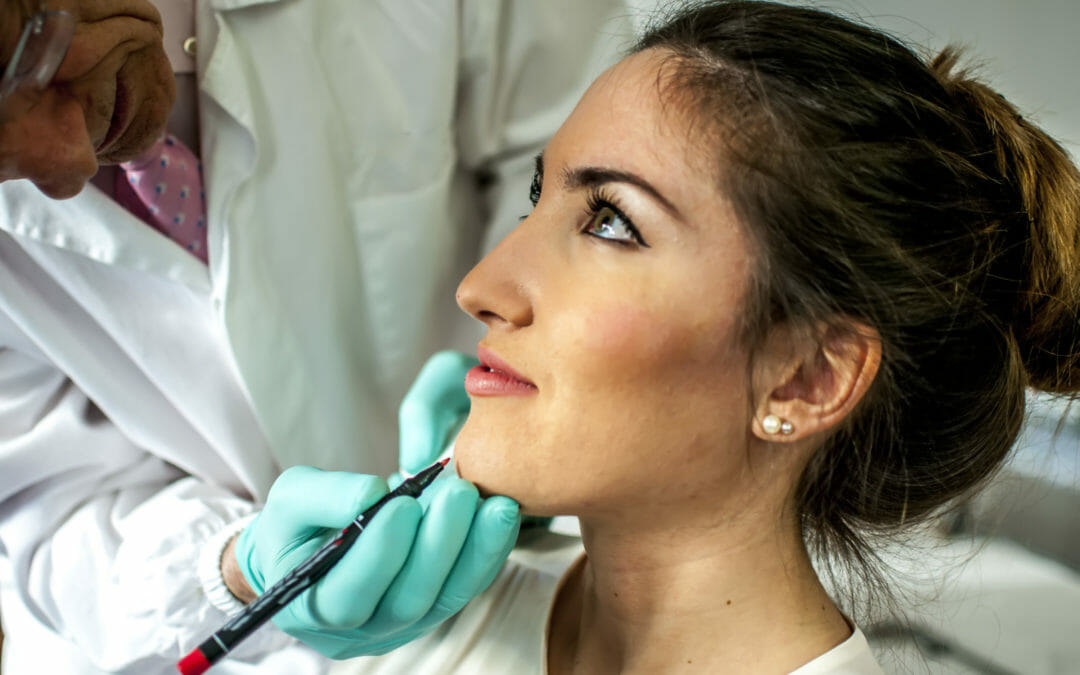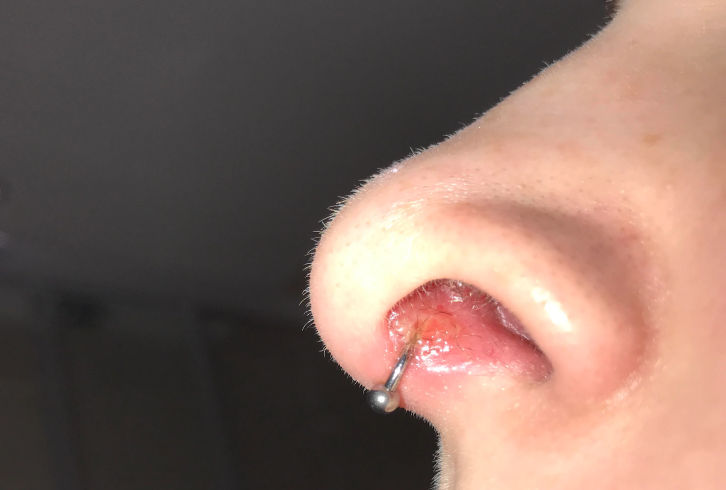Is Jaw Surgery Worth It?
Jaw surgery, also known as orthognathic surgery, is a medical procedure aimed at correcting irregularities in the jaw structure, alignment, or function. This surgical intervention is often considered by individuals experiencing issues related to jaw misalignment, bite problems, congenital defects, or significant facial trauma.
However, the decision to undergo such a procedure is a complex one, as it involves weighing the potential benefits against the risks and considering various factors unique to each individual.
Understanding the Need for Jaw Surgery

Malocclusion refers to the misalignment of the teeth and jaws. It can range from minor misalignments to severe cases where the upper and lower jaws don’t fit together correctly.
This misalignment can cause various issues
Functional Problems
Misaligned jaws can lead to difficulty chewing food properly, speaking clearly, and even breathing difficulties. Severe cases may result in pain, discomfort, or challenges in daily activities.
Orthodontic Concerns:
Crooked teeth or an improper bite not only affect aesthetics but can also impact overall dental health, increasing the risk of tooth decay, gum disease, and uneven wear on the teeth.
TMJ Disorders
Misalignment might contribute to temporomandibular joint (TMJ) disorders, causing jaw pain, clicking sounds, and restricted jaw movement.
Facial Imbalance
Individuals experiencing significant facial asymmetry due to congenital abnormalities, developmental issues, or trauma might consider jaw surgery to address these concerns.
Facial imbalance not only affects aesthetics but can also lead to functional problems, such as difficulties with chewing, biting, and speech. Jaw surgery aims to improve facial harmony and functionality, positively impacting self-esteem and overall quality of life.
Obstructive Sleep Apnea (OSA)
Some cases of obstructive sleep apnea, a condition characterized by repeated interruptions in breathing during sleep, might be linked to jaw structure. When the lower jaw or tongue obstructs the airway, it can lead to breathing difficulties during sleep.
In select cases, jaw surgery can be recommended to enlarge the airway passage, alleviating breathing issues associated with sleep apnea and improving the quality of sleep.
Benefits of Jaw Surgery

Correcting jaw misalignment through surgery can significantly enhance functionality:
- Chewing and Speech: Properly aligned jaws facilitate better chewing, enabling individuals to eat comfortably and efficiently. It can also improve speech clarity by ensuring proper positioning of the tongue and oral structures.
- Reduced Discomfort: Addressing misalignment can alleviate discomfort associated with TMJ disorders, reducing pain and enhancing overall jaw movement and function.
Enhanced Facial Harmony
Jaw surgery doesn’t just correct functional issues; it also focuses on improving facial aesthetics:
- Facial Balance: Aligning the jaws can create a more symmetrical and balanced facial appearance, enhancing facial harmony and aesthetics.
- Boost in Confidence: Improved facial features often lead to increased self-confidence and a positive impact on mental well-being.
Long-Term Health Benefits
Early intervention with jaw surgery offers several long-term health advantages:
- Prevention of Dental Problems: Correcting severe bite issues or jaw misalignment can prevent future dental issues like excessive wear on teeth, reducing the risk of cavities, gum disease, and other oral health problems.
- TMJ Disorder Management: Addressing the root cause of TMJ disorders can prevent ongoing discomfort and complications associated with these conditions.
Jaw Surgery Worth It
Consulting with an experienced oral surgeon or orthodontist is crucial to understand the severity of the jaw misalignment or condition. This evaluation helps determine if surgery is necessary or if other treatment options are available.
Consider how the current jaw condition affects daily life. Factors such as pain, difficulty eating or speaking, and limitations in social interactions due to facial appearance can influence the decision.
Patient Expectations
Having realistic expectations about the outcomes of jaw surgery is essential. Patients should discuss their goals and anticipated results with their healthcare provider. Understanding what can and cannot be achieved through surgery is crucial to avoid disappointment post-surgery.
FAQ’s
Do you look better after jaw surgery?
Jaw surgery can enhance facial aesthetics by improving symmetry and balance, leading to a more harmonious appearance.
Will jaw surgery change my smile?
Jaw surgery can positively impact your smile by aligning the jaws, potentially improving tooth display and smile aesthetics.
Will jaw surgery change my life?
Jaw surgery can significantly improve quality of life by addressing functional issues like chewing, speaking, and breathing, potentially leading to a more comfortable and confident lifestyle.
Will jaw surgery change my voice?
Jaw surgery typically doesn’t affect vocal cords or the voice itself, but changes in jaw alignment might subtly alter speech articulation temporarily during the adjustment phase.
What are the positives of jaw surgery?
Positives include improved functionality in chewing and speech, enhanced facial harmony, increased self-confidence, and prevention of future dental problems.
Does jaw surgery reduce face fat?
Jaw surgery primarily focuses on repositioning the jaws and doesn’t directly reduce face fat. However, improvements in facial structure may affect perceived facial fullness.
Conclusion
Deciding whether jaw surgery is worth it involves careful consideration of risks, potential benefits, and individual circumstances. While jaw surgery can offer significant functional and aesthetic improvements, it’s important to weigh these against the risks involved, the lengthy recovery process, and the financial aspects. Seeking guidance from qualified healthcare professionals, discussing concerns, and understanding personal goals and expectations are vital steps in making an informed decision about undergoing jaw surgery. Ultimately, the decision should prioritize improved quality of life and overall well-being.






